You can be arrested for ‘looking poor’ in most Indian states, Union Territories
Sun 02 Apr 2017, 09:00:40
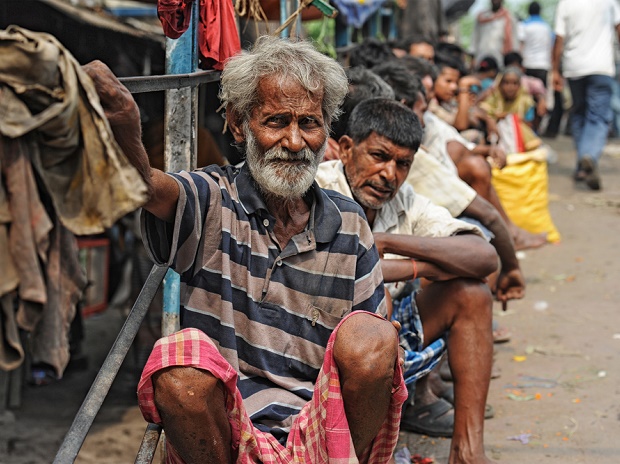
The act of begging is a crime in 20 states and two union territories of India, reflecting society’s embarrassment at manifest poverty and annoyance at perceived encroachment of public spaces.
In most places, people can be arrested for “looking poor”, as our analysis of laws in 18 states and union territories (UTs) shows. Laws allow the police to round up beggars without warrant and judges to confine them in government-run institutions for long or indefinite periods–a violation of constitutional principles. The language of the law essentially allows the law enforcement agencies and the courts to internalise and legitimise a hostile attitude towards a section of society.
Usha Ramanathan, an expert on law and poverty, in her analysis of the anti-begging law in Delhi, observed that the law has “bold signatures of unconstitutionality”. This is true of other state laws on begging as well, and calls for a rethink and a recalibration of the government’s engagement with this community.
In October 2016, the ministry of social justice and empowerment held a consultation on a
new model bill for destitute people which has been referred to state governments for comment. Model laws are usually drafted by central government ministries for state governments to adopt on a voluntary basis, with or without changes.
new model bill for destitute people which has been referred to state governments for comment. Model laws are usually drafted by central government ministries for state governments to adopt on a voluntary basis, with or without changes.
The Persons in Destitution (Protection, Care and Rehabilitation) Model Bill of 2016 aims to set up a rehabilitative framework for homeless people, people found begging, and destitute people with disabilities. It does not criminalise begging, other than for repeated and organised begging, and does not allow for detention of dependants. It focuses instead on providing resources for the destitute–in addition to imposing a duty on the state government concerned to set up well-equipped and -staffed rehabilitation centres to provide vocational training and counselling, the model bill envisages setting up of outreach and mobilisation units to identify destitute people, create awareness and mobilise communities.
However, the bill falls short of taking a progressive and humane approach towards begging, and needs to be reframed after an informed debate.
No Comments For This Post, Be first to write a Comment.
Most viewed from National
Most viewed from World
AIMIM News
Latest Urdu News
Most Viewed
May 26, 2020
Should there be an India-Pakistan cricket match or not?
Latest Videos View All
Like Us
Home
About Us
Advertise With Us
All Polls
Epaper Archives
Privacy Policy
Contact Us
Download Etemaad App
© 2026 Etemaad Daily News, All Rights Reserved.




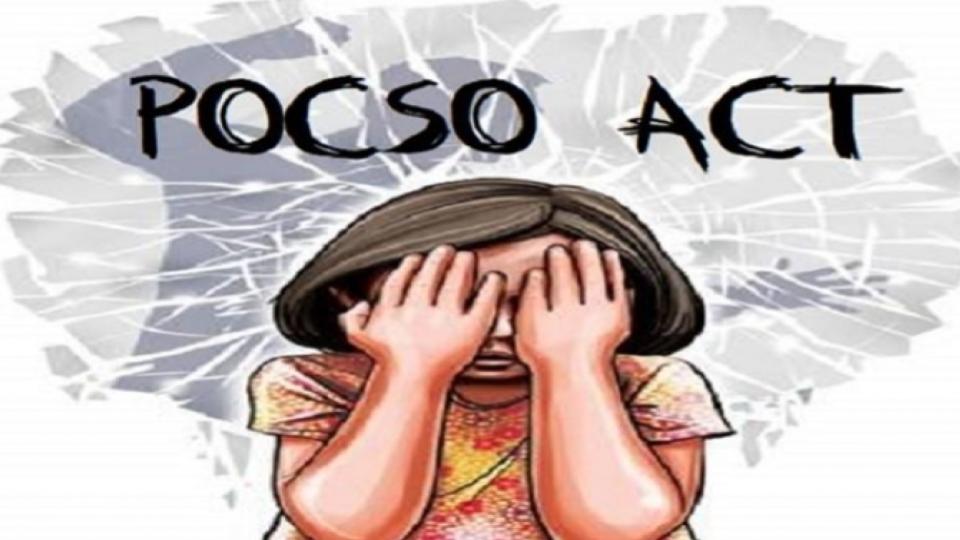

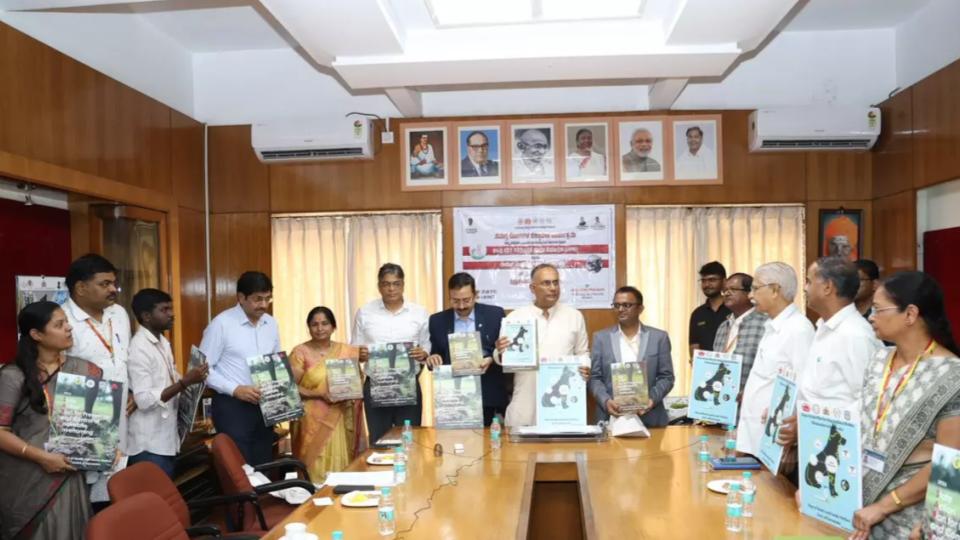


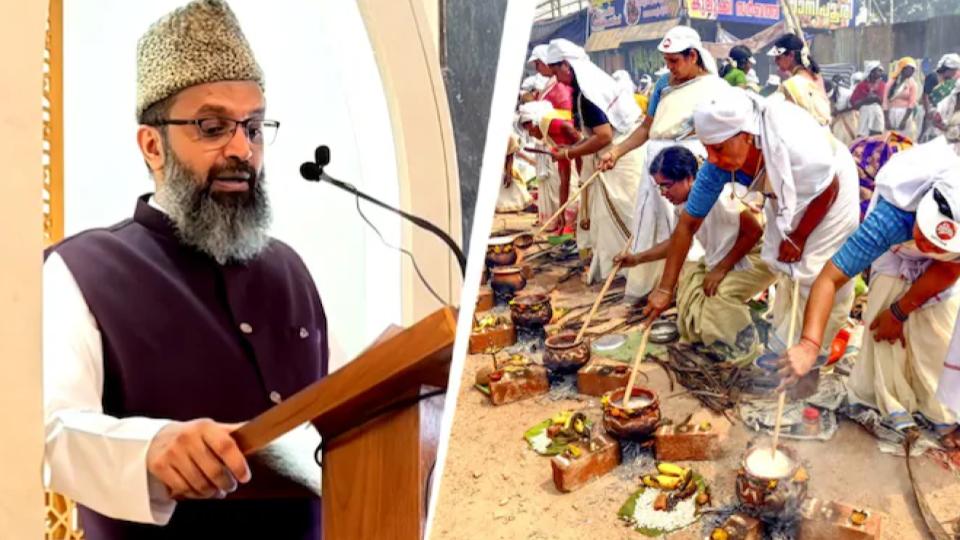
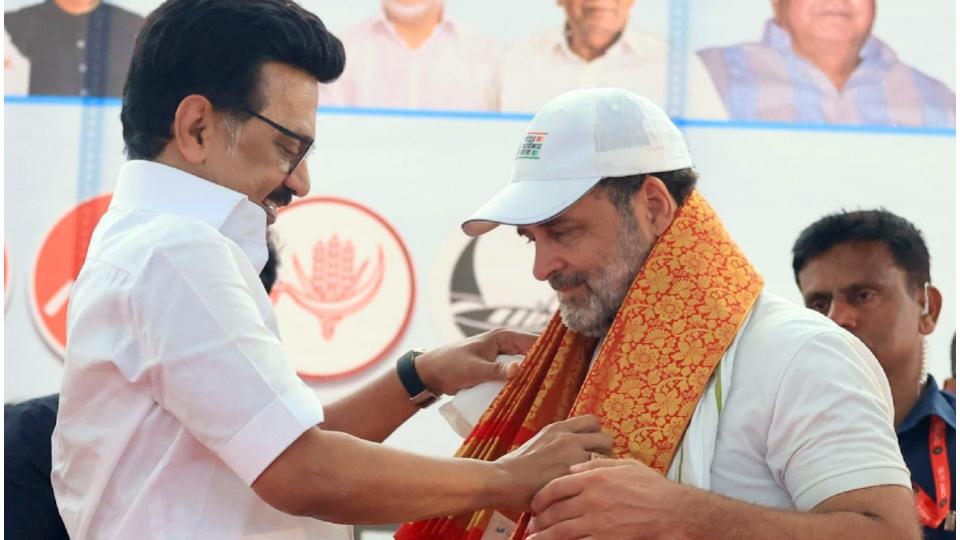


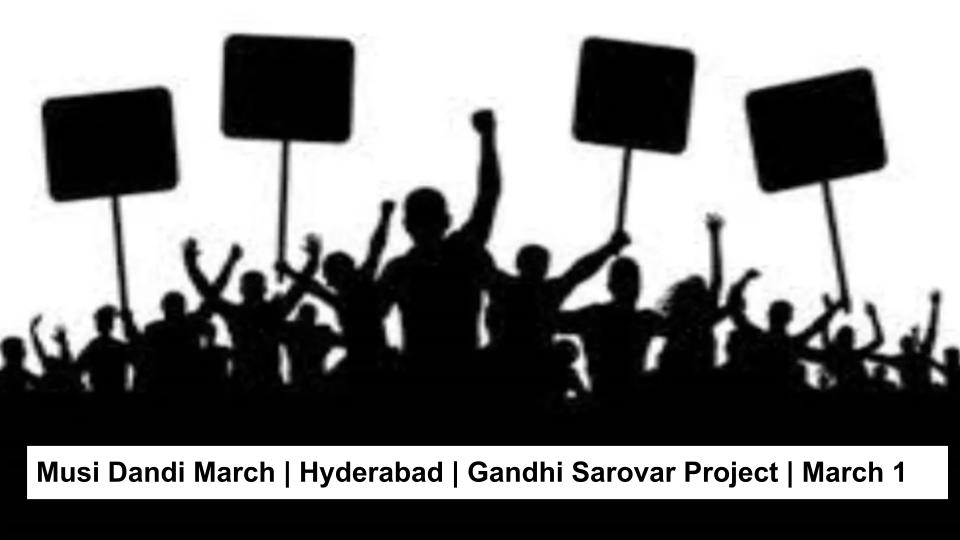






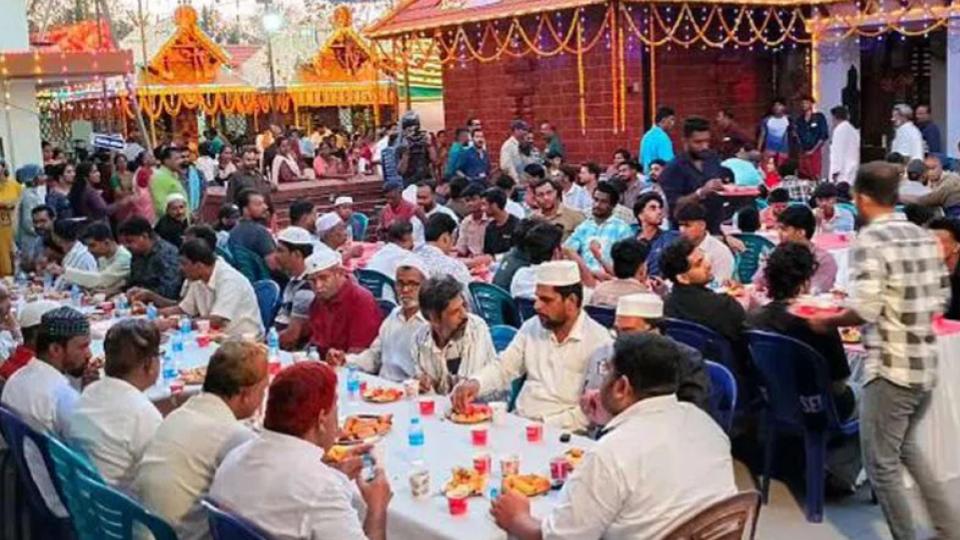
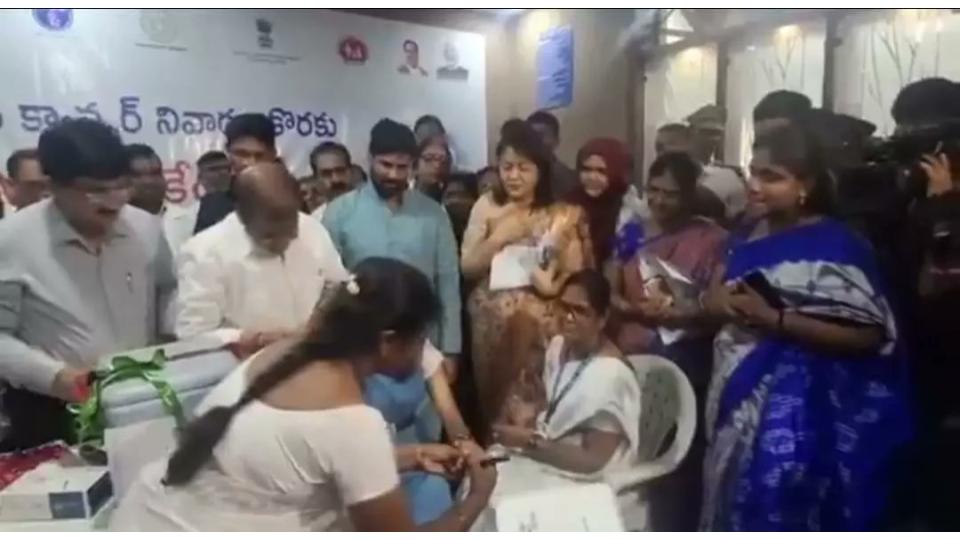
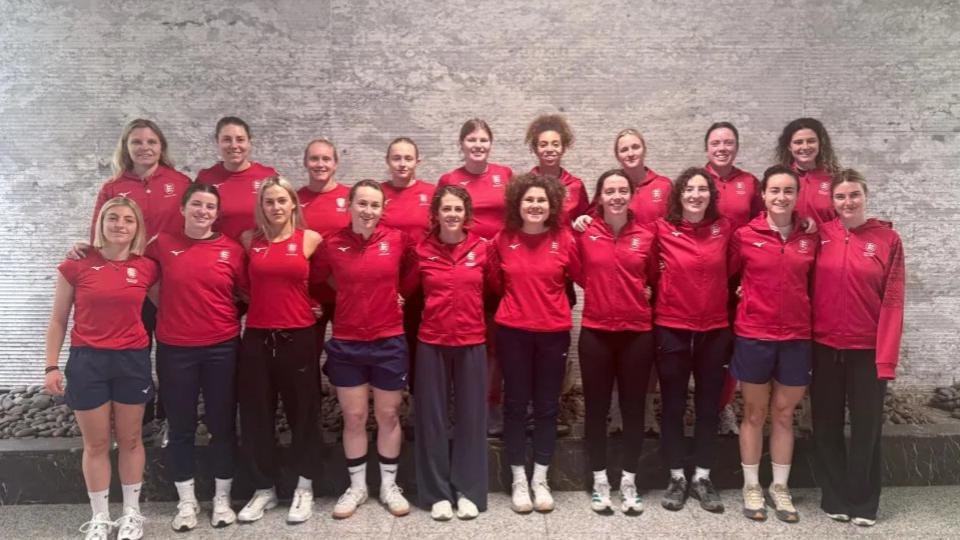
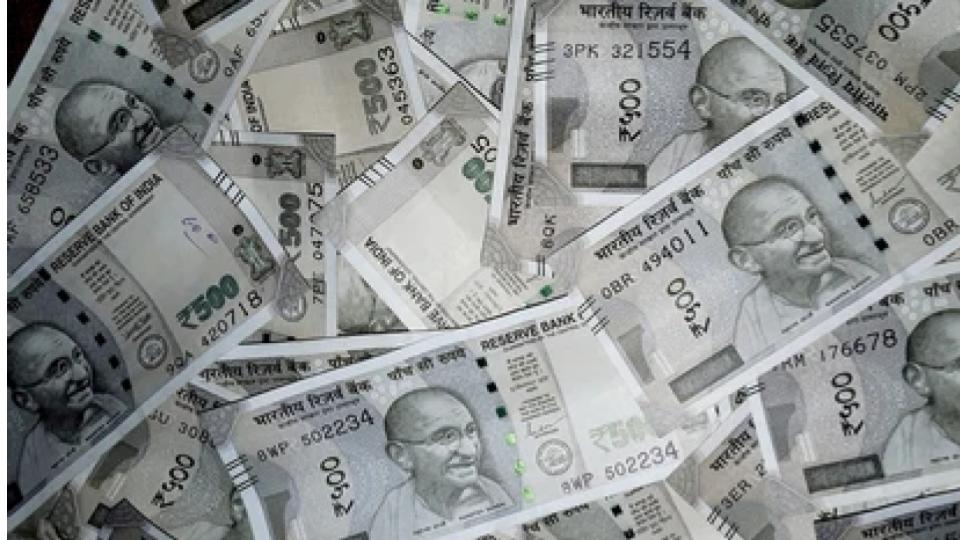













.jpg)
.jpg)
.jpg)


